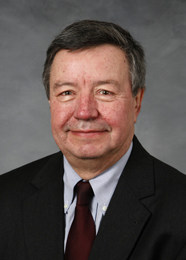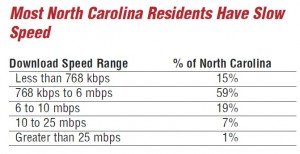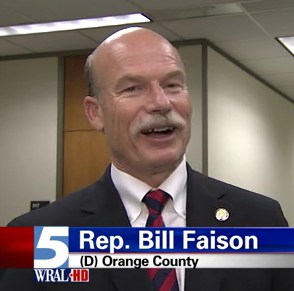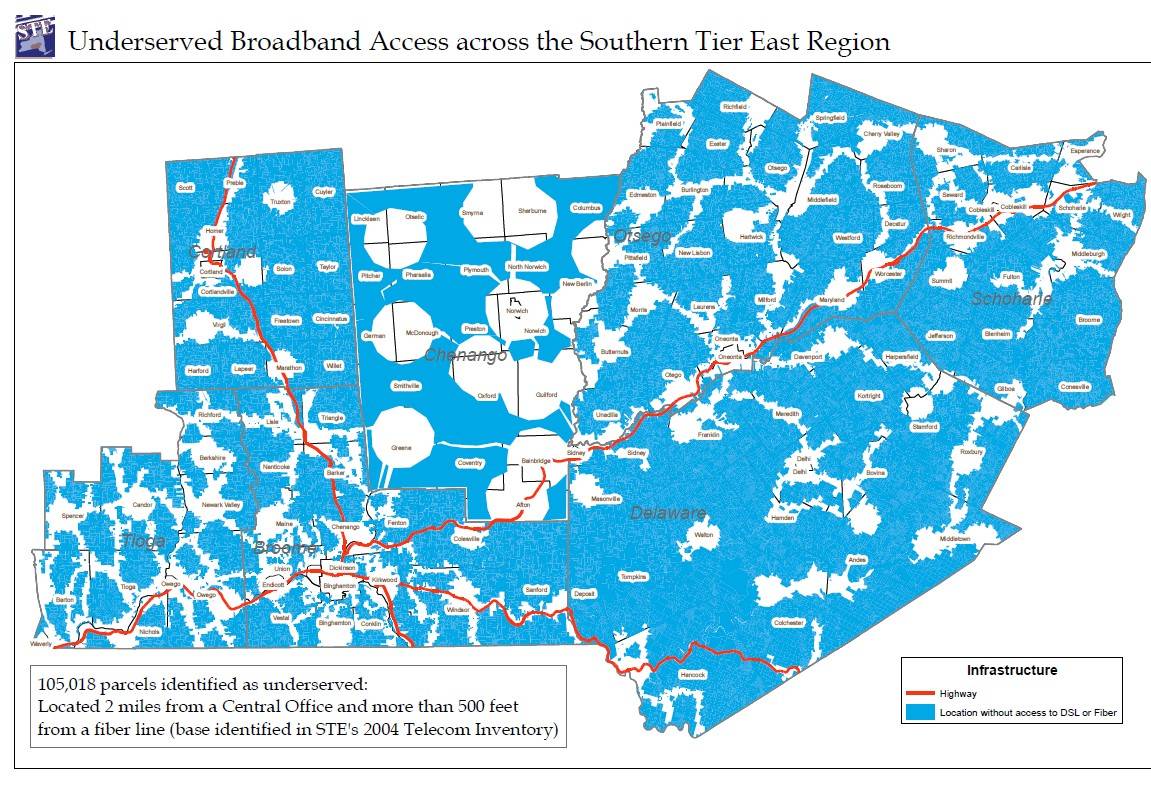
Rep. James Boles Jr. of Moore County seen yawning as the North Carolina Legislature worked long hours to close the session for the year. (Photo: Charlotte Observer photographer Corey Lowenstein)
A bill to temporarily ban municipal broadband projects in North Carolina went down in flames early Saturday after a marathon 19-hour closing session of the legislature allowed a handful of pro-consumer legislators to finally corner and kill the bill. But that victory would not have come without a coordinated effort by consumers and communities across the state vociferously objecting to legislation designed to protect the duopoly of phone and cable service offered by Time Warner Cable, AT&T, and CenturyLink.
This was the fourth attempt by big telecom companies to get state legislators to do their bidding. It’s almost as if they want to work harder to stop competitors from delivering service than they work at delivering it themselves. North Carolina is ranked 41st out of 50 states in broadband adoption. Significant areas of the state are not served by any broadband provider, and broadband speeds experienced by customers in North Carolina are among the slowest in the country.
This year’s battle was among the most difficult because its biggest backer, retiring Senator David Hoyle (D-Gaston), was considered a heavyweight in the legislature, serving in the North Carolina Senate for 18 years.
The drama that would eventually wind its way to the bill’s demise began late Friday evening in an overnight session of the state legislature.
Catharine Rice from the SouthEast Association of Telecommunications Officers and Advisors (SEATOA) is our tour guide through the winding, treacherous waters of a North Carolina legislature in its final hours of the session for the year:
Saturday morning, July 11, at 5 a.m., the NC House of Representatives killed Senator Hoyle’s (D-Gaston) attempt to force a moratorium on municipalities seeking to provide their communities broadband service. This was the industry’s 3rd (actually 4th) attempt to stop municipalities from providing superior broadband infrastructure to the communities.
The bill died on Saturday after a one-two punch. First, the House Ways & Means Committee had refused to hear S1209 since June 8, under the hands of Committee Chair-Rep. Faison (D-Orange, Caswell), when it crossed from the Senate to the House. Then late Friday evening, the House itself added an amendment to its Study Authorization Bill (SB900) permitting, but not requiring, the Revenue Laws Study Committee to study the laws and circumstances surrounding municipalities providing broadband service to their communities, but dropping all other terms of S1209, mainly the moratorium. The Senate concurred with House bill 900 unanimously later in the evening (9:49pm) and it was enrolled for review and signature by the Governor. (See Sections 7.5 (a) and (b) here)
Ten minutes later, Sen. Clodfelter introduced H455, a bill whose effect would have changed the approach of the House’s version of the municipal bbnd study. With H455, Senator Clodfelter gutted a House kidney awareness bill, and poured into it the “study” portion of S1209 (Hoyle’s Anti-Muni broadband bill), changing the House version by setting a date certain when the study (and recommended legislation) would have to be completed (March 2011), and increasing the number of seats on the subcommittee from 12 to 14, adding assigned seats for telephone coops and the NC County. The House version did not mandate a study, but made it optional, did not specifically authorize the committee to recommend legislation, and set the seats for the subcommittee at 12, naming 8 with an additional four unassigned seats. Clodfelter’s H455 contained two other sections, one addressing a fluke in sales tax refunds for MI-Connection, the Mooresville-Davidson muni broadband system.
Around 2:45 Saturday morning, on Rep. Paul Luebke’s (D-Durham) motion, the House denied concurrence with the Senate on H455 (96 to deny, 1 to allow). At 3:45 a.m., the House approved a Senate/House conference committee report for the purpose of keeping only one section of H455, (effectively deleting H455′s changes to the House study version of S1209). H455 (here) now provides a state sales tax refund status for Davidson and Mooresville’s MI-CONNECTION system, status the two towns would have if individually providing cable service, but from which they were disqualified by having joined together to provide broadband cable service. On a vote of 91 to 6, the House approved the Senate/House conference report. At 4:55 a.m. the Senate concurred with that report and it was enrolled for the Governor’s attention.
Bottom line, the effort to place a moratorium on consideration for new municipal broadband projects in the state is dead for 2010. The next opportunity big telecom has for another anti-consumer bill is in January 2011. At least the North Carolina legislature passed some additional ethics and government reform measures that will give consumers even more tools to fight the next battle:
- It toughens penalties for illegal campaign donations above $10,000. As we’ve seen repeatedly, big campaign contributions can make all the difference when legislators throw their constituents’ interests under the bus. Big phone and cable interests are among the most generous contributors, making it easy to find one or more members willing to carry their legislative agenda forward;
- Requires board and commission members to account for campaign fundraising activities for elected officials who appointed them. A case of mutual back-scratching, powerful legislators can often find places for their special interest friends and supporters to serve on state commissions and boards.
- Expands personnel information that must be released to the public about state employees. We saw the implications of conflicts of interest in the legislature this past session when one member contemplating municipal broadband bans also happened to be one of Time Warner Cable’s engineering contractors. More information, this time about past work by state employees, prevents these kinds of conflicts from staying secret.
Please thank Reps. Faison and Luebke for their hard work to stop the broadband moratorium. It’s unfortunate Rep. Faison’s efforts to bring better broadband to Caswell County, part of his district, were unsuccessful. But at least Caswell County leaders won’t face a broadband moratorium should they wish to renew their efforts to provide broadband service where CenturyLink will not.
[flv width=”640″ height=”500″]http://www.phillipdampier.com/video/WBTV Charlotte Salisbury A Wired Community 5-2010.flv[/flv]
Why we fight. Communities like Salisbury, N.C., can now move forward on their own municipal broadband projects. Back in May, WBTV-TV in Charlotte highlighted Fibrant, the community’s answer to bad service from incumbent providers. (4 minutes)


 Subscribe
Subscribe










